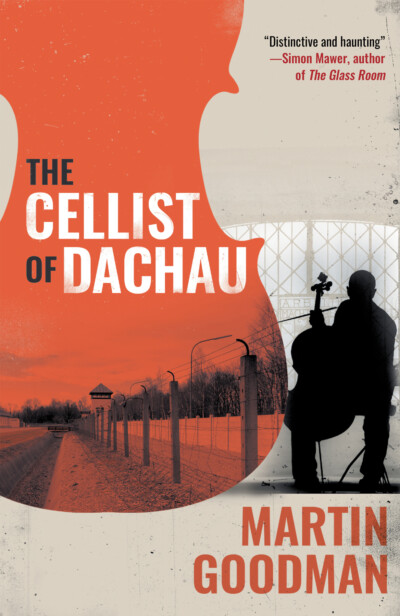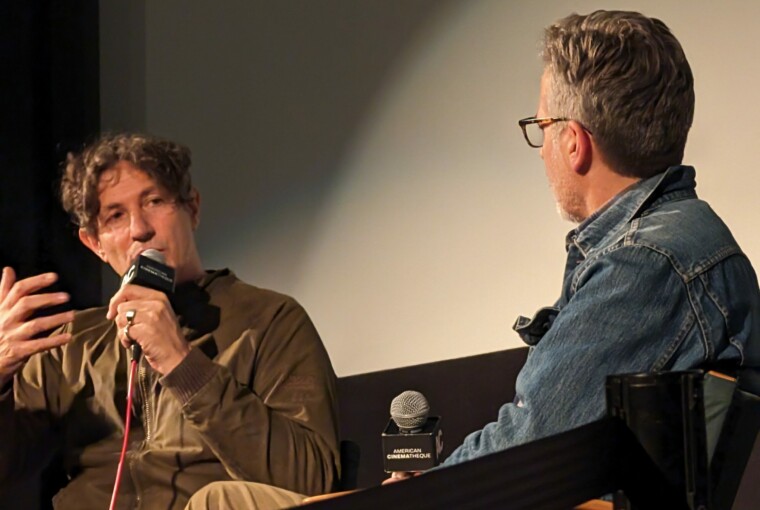“An important, aching, artful Holocaust novel.” – The Toronto Star
In 1938, Otto Schalmik, a 19-year-old musician from a Jewish family in Vienna, is arrested by Nazi police. Transported to Dachau, he is summoned to the home of the camp’s Adjutant, Birchendorf, who forces him to scrub the floors and play Bach on a priceless looted cello.
In 1990s California, Otto, now a world-famous composer, and a young Australian musicologist, Rosa, discover the ways in which their lives are linked through music and history. Weaving together the stories of three generations of women from both sides of Germany’s 20th century horror story, The Cellist of Dachau explores the ongoing impact of war, and the power of music to heal and rebuild lives.
“A wonderful story. A beautiful book about the unimaginable and what can grow from it.” – Marina Mahler




